Patient Testimonial for Treatment for ARDS
- Patient Name
Sithara (Daughter of Mrs. Vasantha) - Treatment for
Acute Respiratory Distress Syndrome - Treated by
Dr. Suresh Kumar Panuganti - Speciality
Paediatrics - Procedure
Treatment for ARDS - Patient Location
Hyderabad
Testimonial by Sithara (Daughter of Mrs. Vasantha)
Acute Respiratory Distress Syndrome (ARDS) is a severe condition characterised by the sudden onset of respiratory failure, resulting in low oxygen levels in the blood. It can be caused by various factors such as pneumonia, sepsis, trauma, or the inhalation of harmful substances. The treatment for ARDS involves addressing the underlying cause and providing supportive care to maintain adequate oxygenation and ventilation.
The primary goal of treatment is to improve oxygenation and ensure sufficient organ perfusion. Mechanical ventilation is a crucial intervention, with the use of positive end-expiratory pressure (PEEP) to keep the airways open and enhance oxygen exchange. This helps reduce the work of breathing and maintain adequate oxygen levels.
In addition to mechanical ventilation, other supportive measures are employed. Fluid management is carefully monitored to avoid fluid overload, which can worsen lung function. Medications may be used to optimise fluid balance. Nutritional support is also important to provide adequate energy for the body’s healing process.
Recovery may take several weeks or even months. Rehabilitation plays a vital role in restoring lung function and overall physical strength. Physical therapy, breathing exercises, and pulmonary rehabilitation programs are commonly used to enhance respiratory function and improve quality of life.
Sithara (Daughter of Mrs. Vasantha) from Hyderabad successfully received treatment for Acute Respiratory Distress Syndrome at Yashoda Hospitals, Hyderabad, under the supervision of Dr. Suresh Kumar Panuganti, Lead Consultant-Pediatric Critical Care and Pediatrics.



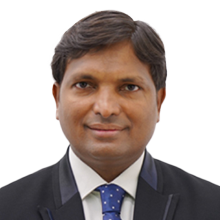
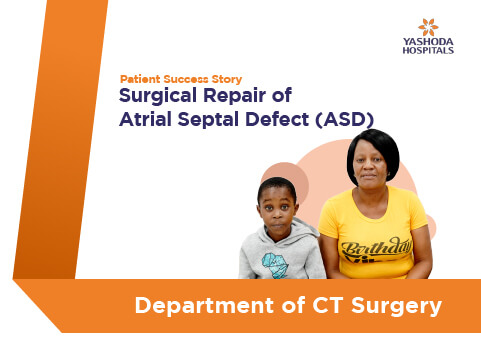
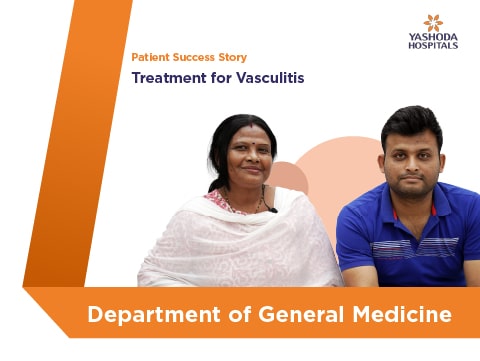
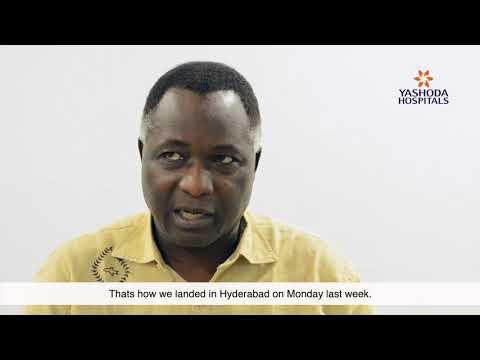

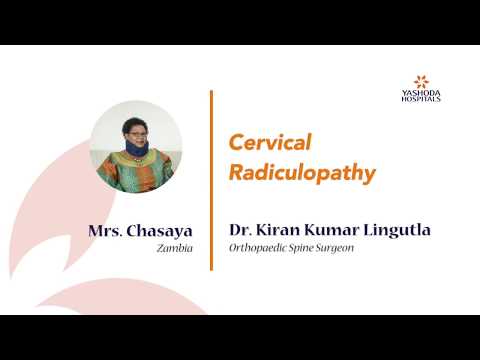
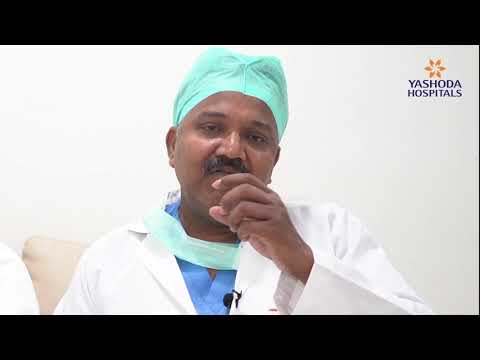
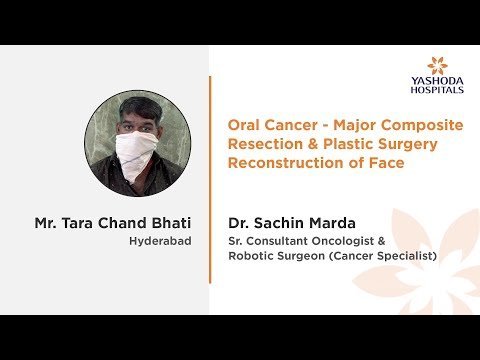
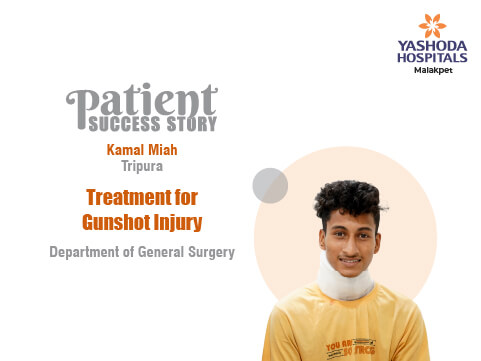
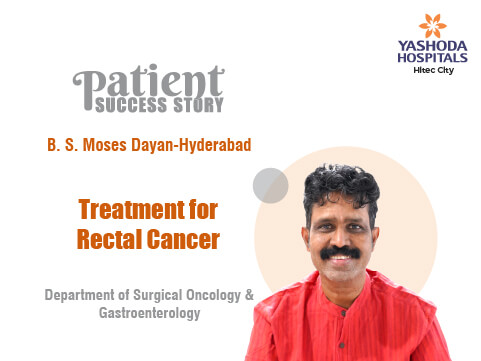
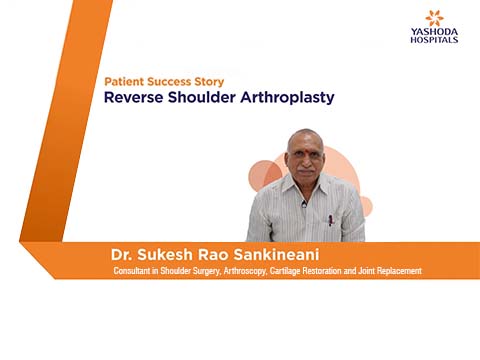
 Appointment
Appointment Second Opinion
Second Opinion WhatsApp
WhatsApp Call
Call More
More





